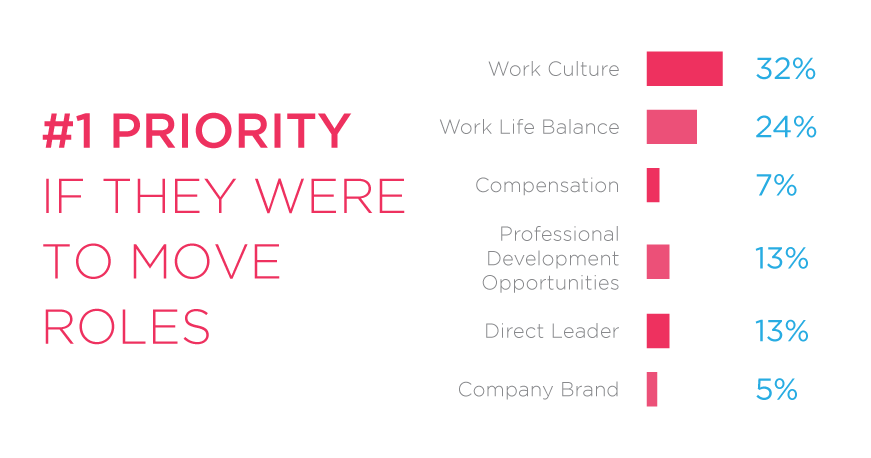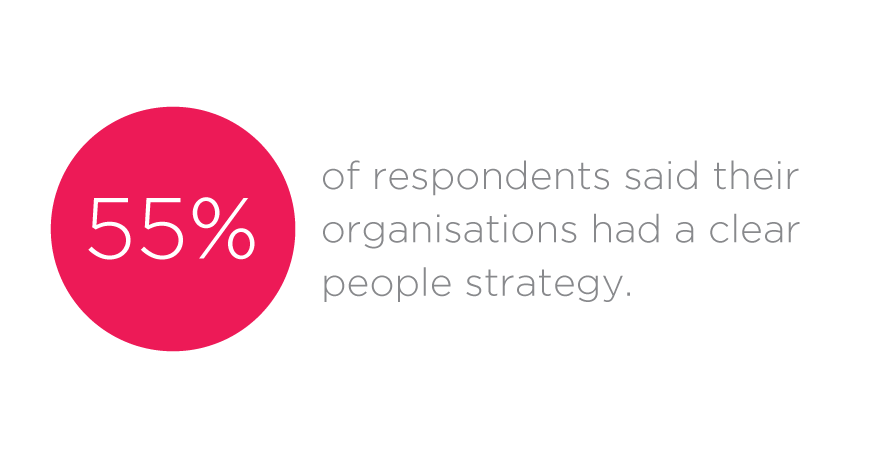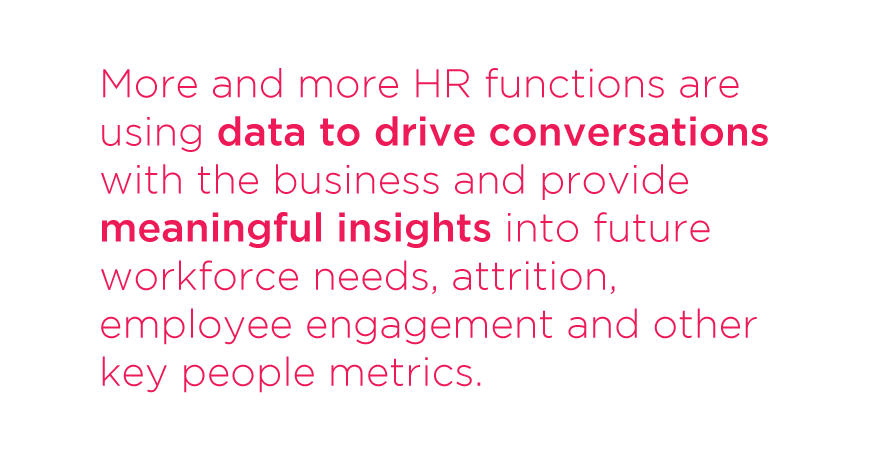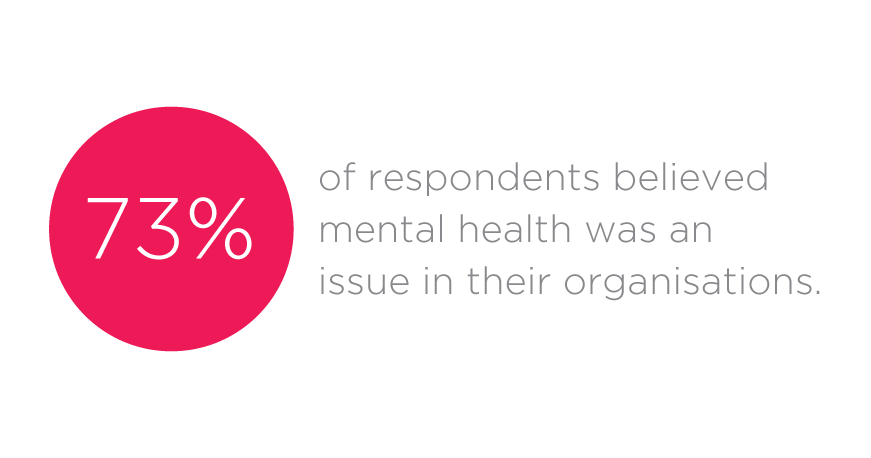Perhaps the most alarming statistic was that only 55% of respondents said their organisations had a clear people strategy, suggesting that almost half of Australian-based organisations do not have a clear and well-defined people strategy in place. At a time when, more than ever, businesses expect maximum strategic value from their HR functions, surely it’s slightly concerning that such a large number of organisations seemingly do not have a clear people strategy?
2020 - The Current State of the Australian HR Industry
News

Over 1000 HR professionals from a diverse range of industries and geographies responded to our recent HR survey and the results were both interesting and, in some cases, surprising.
Of course, not every HR professional working in Australia responded to our survey, but 1,000 people represents a good cross-section of the profession and so some credence must be given to the result. Where respondents suggested their organisations did have a clear people strategy, it was of no surprise to see what people articulated as the key pillars; namely leadership capability, culture and employee engagement.
Our survey results showed that almost three-quarters of respondents believed they were paid at or above market rate (64%) whilst close to half (48%) were satisfied with their performance bonus, indicating that HR professionals are typically satisfied with their remuneration. This is backed up in what HR professionals articulated as their key priority when moving roles, with compensation coming well down the list of priorities at 7% and trumped by workplace culture (32%), work/life balance (24%), leadership (13%) and professional development (13%).

Worryingly, 73% of respondents believed mental health was an issue in their organisations, although, on a more positive note, 65% of respondents said their organisations have a policy or strategy in place to deal with mental health issues. Our own experience in the recruitment of Health & Safety roles backs this up, as there has been a definitive shift from a compliance and legislative focus to a holistic health and wellbeing perspective in recent time.
We hope you found the results of our 2020 HR Survey interesting and thought-provoking. We would welcome any comments or suggestions for our 2021 survey!
For more insights into the latest HR industry trends in Australia, click here to download your copy of the report.
Refine results
Keywords
Contact Us
Categories
News
HR Leader Series





